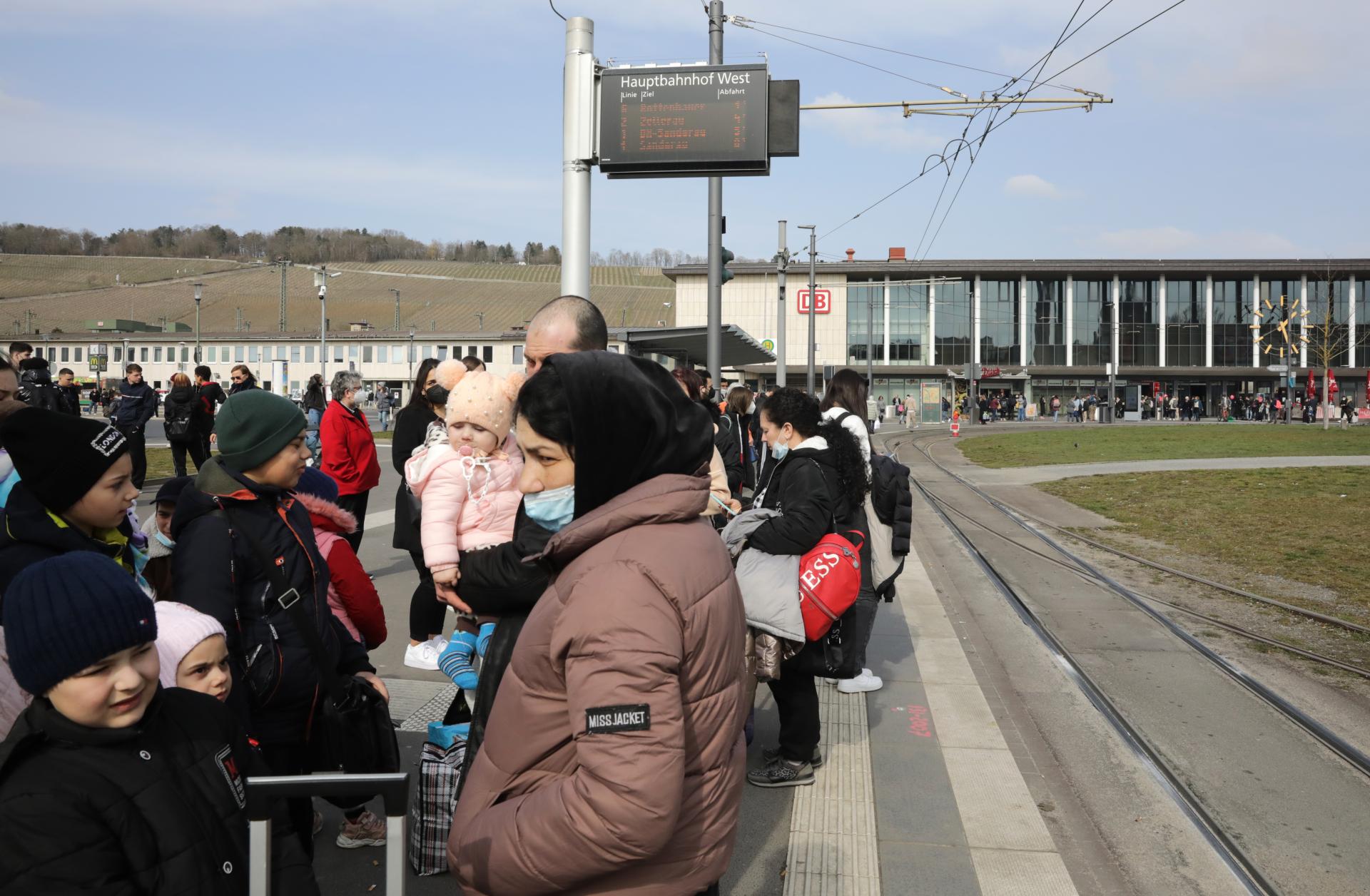Comparing the Home Office’s attitude to Ukrainian refugees last week with its attitude to Jewish refugees at the beginning of World War II, I saw many cruel similarities. But I was wrong to say that the department was now getting its act together, a month after the Russian invasion.


No comments
To be able to write a comment, you have to be registered and logged in
Currently there are no comments.